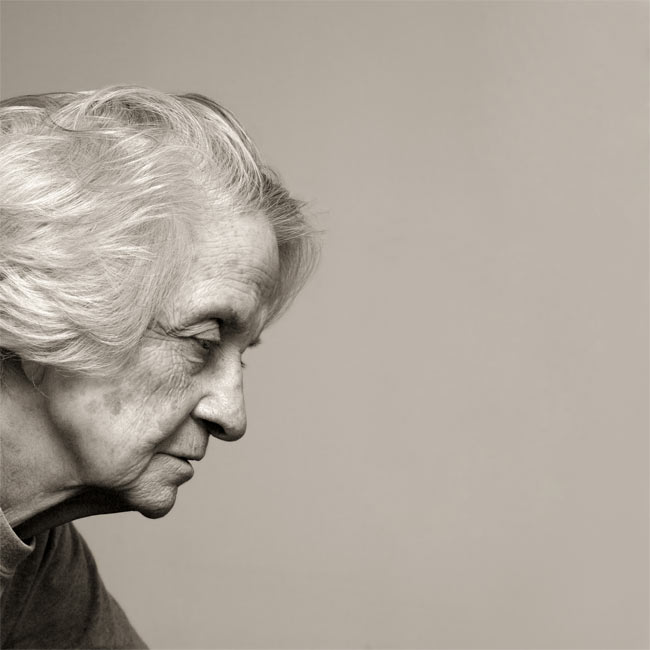Healthy But Lonely People Head to Hospital During Holidays

While many patients empty out of a hospital ward as Christmas approaches, some arrive. They are often the lonely ones, the ailing grandparents who don't fit into a family's holiday or those who simply have no one with whom to celebrate, a doctor writes in an essay on the epidemic of loneliness that haunts the holidays.
As a junior doctor, Ishani Kar-Purkayastha worked in a hospital ward. Drawing upon her holiday experiences there, she created a composite character, an 82-year-old widow named Doris Rafferty, who appears in a fictionalized essay published online in the medical journal The Lancet on Thursday (Dec. 16). Rafferty represents many patients Kar-Purkayastha observed or interacted with at the hospital.
Rafferty arrives in the ward in London weeks before Christmas, after complaining of a fluttering in her chest. She extends her stay complaining of pain in her hip, then her arm. But she is incredibly healthy, and the doctors can't find anything wrong with her.
On a visit to Rafferty's room, the narrator learns that the elderly woman's husband, George, died 20 years ago, and that her two grown children are living abroad.
As Christmas approaches, the ward empties out, except for those too sick to go home. A few arrive, too — those who are very sick and those who simply can't cope with holiday festivities. These are most often elderly grandmothers and grandfathers, Kar-Purkayastha writes. [7 Ways the Mind and Body Change With Age]
Rafferty's situation is different. She wears two watches, one of them her husband's, because she has so much time on her hands, she explains. Two days before Christmas, she admits she doesn't want to go home, saying "It's just that I'm all alone and there are so many hours in the day."
"There are probably thousands like her. Men and women who have lived a lot and loved a lot. Men and women who are not yet done with being ferocious and bright but for whom time now stands empty as they wait in homes full of silence; their only misunderstanding to have lived to an age when they are no longer coveted by a society addicted to youth," Kar-Purkayastha writes.
Get the world’s most fascinating discoveries delivered straight to your inbox.
Although Rafferty is based on Kar-Purkayastha's experiences of about five years ago, that patient's abject loneliness was not something the doctor encountered regularly, although she suspects it may have been more common than she realized.
"Most people are not as frank about their feelings as Doris is in this account," she told LiveScience in an e-mail. "That said, you would expect people to be very keen to leave [the] hospital – it is surprising how often this is not the case."
She saw this loneliness overwhelmingly in elderly patients, but it can appear among younger people as well, though the causes are often different.
"In my experience, older people are more stoical and tend to want not to be 'too much trouble' and as a result their needs may unintentionally become neglected," she said.
Isolation, like Rafferty's, violates our nature as social animals, according to Michael Kraus, a postdoctoral researcher in health psychology at the University of California, San Francisco.
"Humans have evolved such that our social connections form the foundations of our culture and shape who we are as individuals," Kraus told LiveScience in an e-mail "Being away from such connections – particularly during a time of year where our friends and family are most important – runs against our basic biological needs, and can be extraordinarily painful for someone at the end of life."
A complete response to these people's needs should come from both health care and social service providers, according to Kar-Purkayastha.
"Perhaps most importantly, there should be a cultural shift toward being more inclusive of people of all ages, alongside infrastructure to support older people to continue to live full and active lives," she told LiveScience.
- 7 Thoughts That Are Bad For You
- 10 Things You Didn't Know About You
- Loneliness Kills, Study Shows

